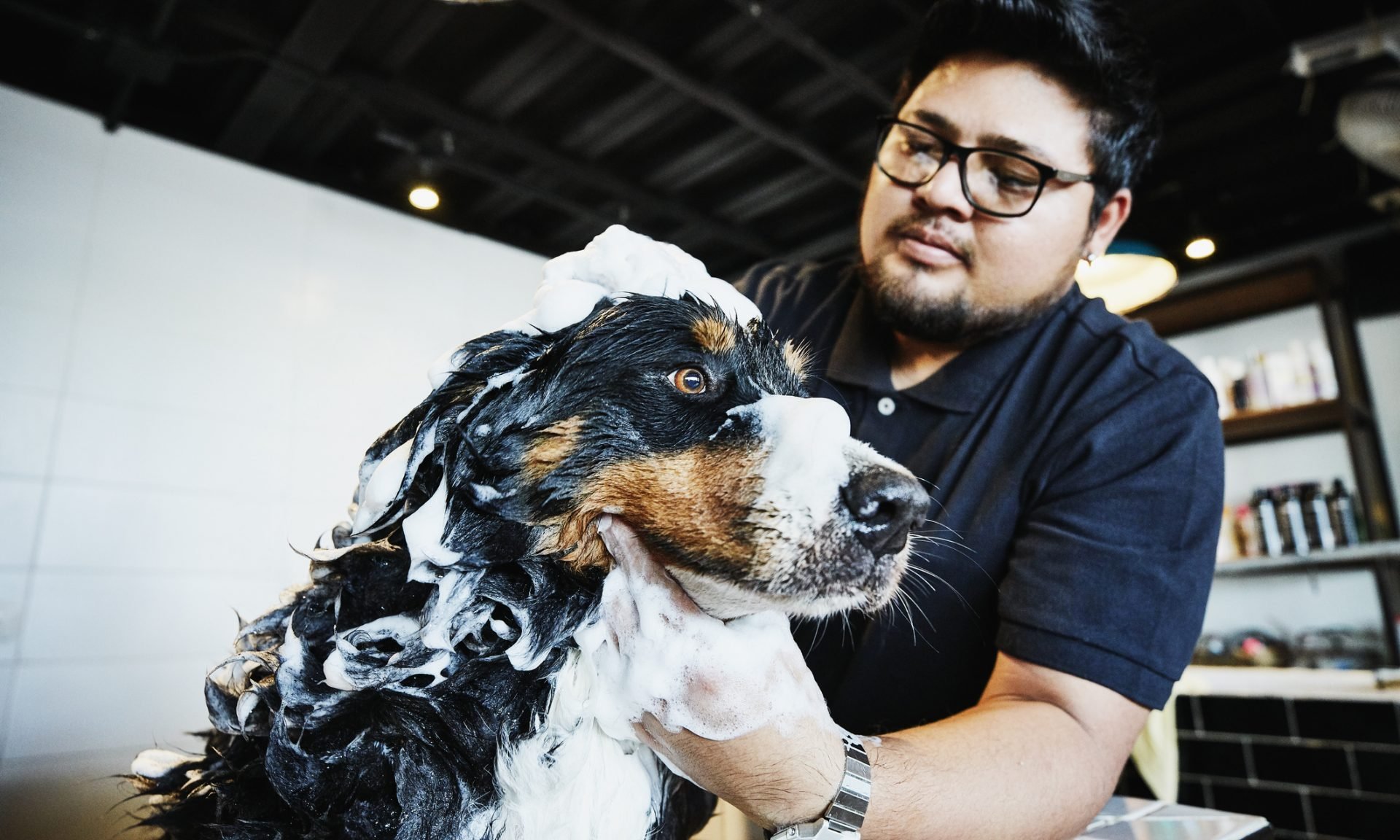What Is Extra Expense Coverage for Business Insurance?
Extra expense coverage helps pay for the increased costs of running your business while you fix property damage.

Many, or all, of the products featured on this page are from our advertising partners who compensate us when you take certain actions on our website or click to take an action on their website. However, this does not influence our evaluations. Our opinions are our own. Here is a list of our partners and here's how we make money.
Extra expense coverage is a kind of business insurance that pays for the temporarily increased costs of running your business after an accident or disaster.
Extra expense coverage can help pay for things like:
- Renting temporary office space while your building is repaired.
- Renting specialized equipment while waiting for yours to be replaced.
- Paying contractors overtime so repairs can be completed faster.
It might be included with the business interruption insurance in your business owner’s policy or commercial property insurance policy. Look for policies that include extra expense coverage if shutting down temporarily after a disaster isn't an option.

Save up to 30% on business insurance
NerdWallet Small Business helps you get real-time quotes from 30+ insurers, and instant access to your Certificate of Insurance (COI) through our partner, Coverdash.
What is extra expense coverage?
Extra expense coverage helps you pay for the increased costs of doing business after property damage.
Business property insurance pays for repairs after covered losses, like a fire, explosion, vandalism or sprinkler leakage. But while those repairs are taking place, your business might need to change its day-to-day operations. That’s where extra expense coverage comes in.
Extra expense coverage pays for a few different kinds of expenses:
- Finding and equipping a temporary space. If your business can continue its operations at a temporary location, extra expense coverage pays for renting and outfitting the new space.
- Expediting repairs to return to your old space sooner. If operations can’t be continued, extra expense coverage can pay to minimize the length of the disruption.
- Spending extra money now to reduce the insurer’s costs later. For example, you could buy equipment to use temporarily to help save the insurer money in the long run.
Note that extra expense coverage only applies if the accident or disaster that damaged your property in the first place is covered by your commercial property insurance policy or your business owner’s policy, or BOP. Make sure you know which events your policy covers and which are excluded. In general, most policies cover fire and wind damage. Most do not cover flooding or earthquakes.
Extra expense coverage vs. business income insurance
Extra expense coverage and business interruption insurance, which is also known as business income insurance, both help businesses stay afloat after property damage.
But they cover different types of loss.
- Business income insurance makes up for the money your business would have made if it had been able to keep operating normally.
- Extra expense coverage provides additional money you need to spend to continue business operations.
In general, if your business could withstand a temporary shutdown with the help of business interruption insurance, you probably don’t need extra expense coverage. But if you would need to keep operating — if your business is seasonal and disaster strikes during busy season, for instance — try to buy a policy that includes extra expense coverage.

Save up to 30% on business insurance
NerdWallet Small Business helps you get real-time quotes from 30+ insurers, and instant access to your Certificate of Insurance (COI) through our partner, Coverdash.
How do you get extra expense coverage?
In general, you can’t buy extra expense coverage on its own. You’ll need to buy another insurance policy that includes it.
You may already have extra expense coverage as part of your BOP, commercial property insurance policy or business income insurance policy. Some BOPs include business income insurance but not extra expense coverage, so read your policy closely to figure out if you have both types.
- If you don’t have business insurance yet and need basic protection: Consider a business owner’s policy. A BOP is a convenient way to get general liability insurance and commercial property insurance, and some insurers, such as Chubb, include business income and extra expense coverage in their BOPs.
- If your business has multiple locations or valuable equipment: A commercial property insurance policy can usually offer higher limits and more tailored coverage than a BOP can. Hiscox Insurance sells commercial property insurance policies that include business income insurance and extra expense coverage.
- If you only need business income insurance: Most businesses should have a BOP or commercial property insurance policy. But if you just want to buy business income insurance on its own, Nationwide can include extra expense coverage in business interruption insurance policies.
Article sources
NerdWallet writers are subject matter authorities who use primary,
trustworthy sources to inform their work, including peer-reviewed
studies, government websites, academic research and interviews with
industry experts. All content is fact-checked for accuracy, timeliness
and relevance. You can learn more about NerdWallet's high
standards for journalism by reading our
editorial guidelines.
Related articles





